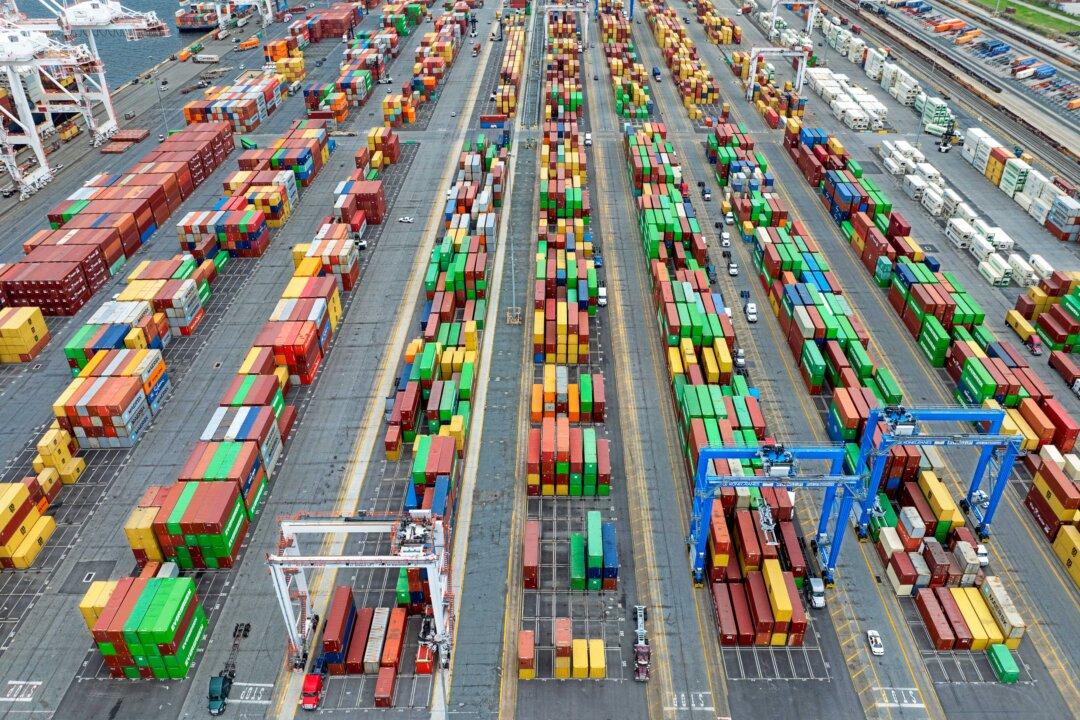As the trade war between the United States and China intensifies, Beijing seems ready to use any means necessary to prolong the fight rather than concede.
For years, the Chinese Communist Party (CCP) has used propaganda to influence public opinion both domestically and internationally. It’s now deploying the same tactic to shape public perception about Trump’s tariffs.





